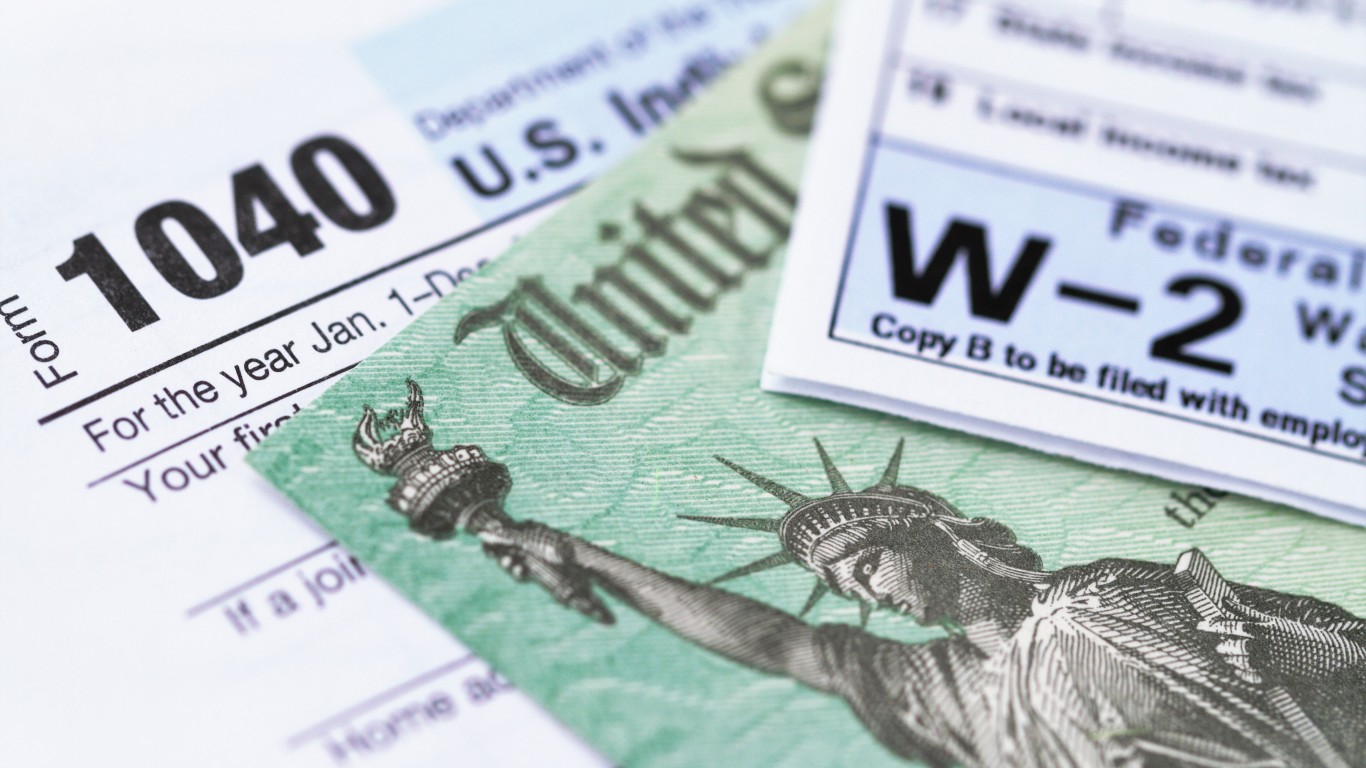This post may contain links from our sponsors and affiliates, and Flywheel Publishing may receive
compensation for actions taken through them.
 In the midst of calls for JP Morgan (NYSE: JPM) CEO Jamie Dimon to step down, and new scrutiny over a $2 billion trading loss by agencies in the US and UK, Fitch downgraded the big bank’s debt. The action and torrent of worry that risk management at other big banks could be poor caused proponents of more government regulation to have a field day as they called for an aggressive enforcement of the “Volcker rule” to separate the volatile business of bank hedging for other bank activities.
In the midst of calls for JP Morgan (NYSE: JPM) CEO Jamie Dimon to step down, and new scrutiny over a $2 billion trading loss by agencies in the US and UK, Fitch downgraded the big bank’s debt. The action and torrent of worry that risk management at other big banks could be poor caused proponents of more government regulation to have a field day as they called for an aggressive enforcement of the “Volcker rule” to separate the volatile business of bank hedging for other bank activities.
The firm reported:
Fitch Ratings has downgraded JPMorgan Chase & Co.’s Long-term Issuer Default Rating (IDR) to ‘A+’ from ‘AA-‘ and its Short-term IDR to ‘F1’ from ‘F1+’. Fitch has placed all parent and subsidiary long-term ratings on Rating Watch Negative.
Fitch has also downgraded JPM’s viability rating (VR) to ‘a+’ from ‘aa-‘ and placed it on Rating Watch Negative. In addition, Fitch affirmed JPM’s ‘1’ support rating and ‘A’ support rating floor. A full list of rating actions follows at the end of this release.
The rating actions follow JPM’s disclosure yesterday of a $2 billion trading loss on its synthetic credit positions in its Chief Investment Office (CIO). The positions were intended to hedge JPM’s overall credit exposure, particularly during periods of credit stress.
Fitch views the size of loss as manageable. That said, the magnitude of the loss and ongoing nature of these positions implies a lack of liquidity. It also raises questions regarding JPM’s risk appetite, risk management framework, practices and oversight; all key credit factors. Fitch believes the potential reputational risk and risk governance issues raised at JPM are no longer consistent with an ‘AA-‘ rating.
Get Ready To Retire (Sponsored)
Start by taking a quick retirement quiz from SmartAsset that will match you with up to 3 financial advisors that serve your area and beyond in 5 minutes, or less.
Each advisor has been vetted by SmartAsset and is held to a fiduciary standard to act in your best interests.
Here’s how it works:
1. Answer SmartAsset advisor match quiz
2. Review your pre-screened matches at your leisure. Check out the advisors’ profiles.
3. Speak with advisors at no cost to you. Have an introductory call on the phone or introduction in person and choose whom to work with in the future
Get started right here.
Thank you for reading! Have some feedback for us?
Contact the 24/7 Wall St. editorial team.



